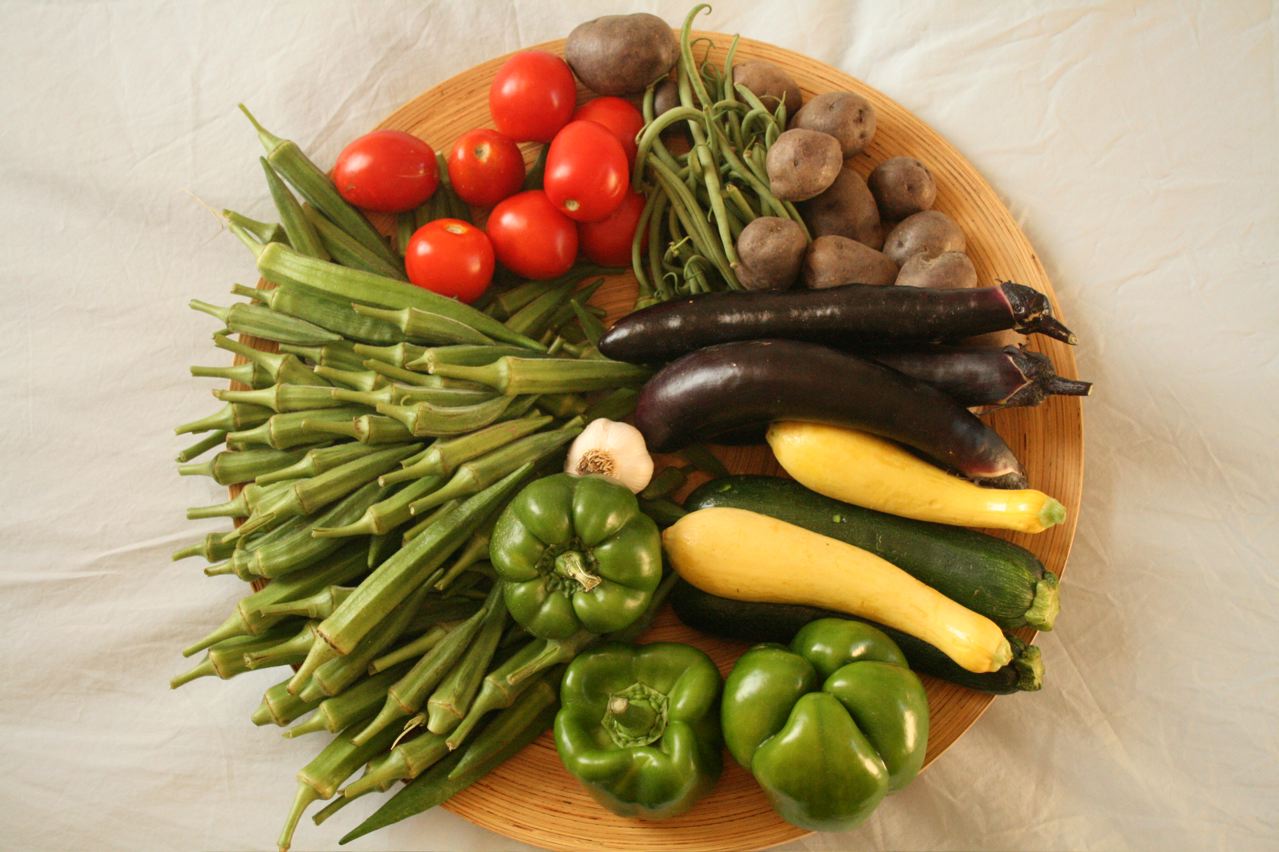Raw diets can include a variety of things. Many people assume that the category of raw food only includes fruits and vegetables. However, those who consume a primarily raw diet are able to eat a wide variety of foods including fish, fermented foods, sprouted grains, legumes, nuts, seeds, eggs and some people even eat raw meat and/or dairy products. Depending on the individual, you may have to tailor the foods you eat to your dietary needs and restrictions. For example, those eating a raw vegan diet wouldn’t consume any raw eggs, dairy or meat. It’s also important to buy organic food whenever possible. This ensures the product is free of pesticides and other harmful chemicals that will inevitably end up on your body should you consume a nonorganic piece of food. Be sure to clean your produce thoroughly before consuming regardless if they are organic or not, just to ensure no harmful ingredients or organisms will enter your body.
To be considered a raw food, it has to either be served completely raw or at a temperature lower than 116 degrees Fahrenheit. The idea behind a raw food diet is that foods lose more of their nutrients and enzymes as they are heated. In fact, cooked food is actually harder for the body to digest than raw food, contrary to what most people believe. Many proponents more on the extreme side of raw food diets encourage a complete diet switchover and no cooked food whatsoever. However this isn’t realistic for most people, so a good rule of thumb is a 75/25 diet, 75 percent raw and 25 percent cooked.

There are many health benefits to consuming a primarily raw diet. Raw foods promote an alkaline body which is good because increased acidity levels are associated with lower immunity. This means diseases can develop more easily in an acidic body. So, those suffering from health conditions such as heart disease, high blood pressure, fatigue, autoimmune disorders, osteoporosis, high cholesterol, kidney disease and even cancer can especially benefit from a raw diet. Increased raw food intake is also linked to higher energy levels, healthier skin, weight loss and improved digestion. It is shown to lessen risk and improve symptoms of various health conditions like those mentioned above. Some people have even reversed symptoms of severe health conditions by transitioning to a primarily raw diet.
Raw diets are also great for the environment. They require little to no packaging and don’t consume any energy in the preparation. Raw foods also do not typically come in cans or plastic containers so the consumption of harmful chemicals like BPA. All of these factors make for a very little amount of environmental impact.
Overall, nearly everyone can benefit from a raw food diet. It is suitable for vegans, vegetarians and omnivores alike, which is unusual for most diets. There are a number of health benefits as well as the lowered environmental impact. Consider upping your raw food intake and watch your body reap the benefits.


